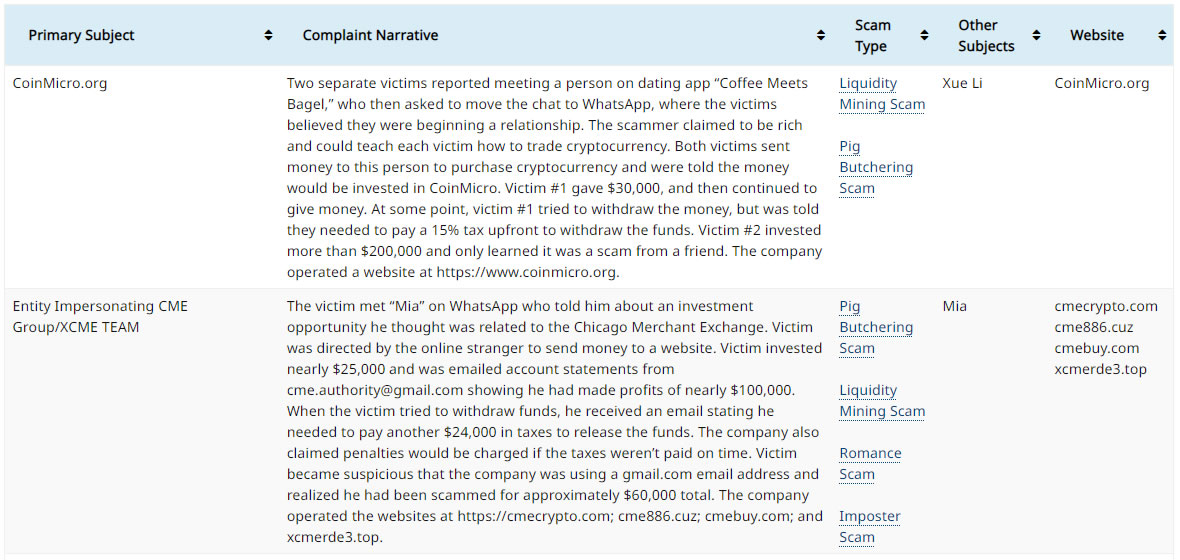The Californian Department of Financial Protection and Innovation (DFPI) has launched a new crypto scam tracker to help traders and investors spot possible industry threats.
On Feb. 16, the DFPI launched the tracker based on user complaints. It has compiled a list of crypto-related grievances by victims that claim to have been scammed or have identified attempted scams.
The complaints listed represent descriptions of losses incurred in transactions that victims have identified as part of a fraudulent or deceptive operation. However, the DFPI stated that it had not verified any of the scams listed, but noted that it receives thousands of consumer and investor complaints each year.

“Scammers are in the shadows using the public’s interest in crypto assets to take advantage of the most vulnerable Californians,” said DFPI Commissioner Clothilde Hewlett. She added that the department was taking action to identify them:
“Through the new Crypto Scam Tracker, combined with rigorous enforcement efforts, the DFPI is committed to shining a light on these ruthless predators and protecting consumers and investors.”
The majority of the 36 complaints already listed in the tracker were social media and social engineering scams where users have been duped into taking action via scams on Facebook, WhatsApp, Instagram, TikTok, and dating apps.
80% of them were what the DFPI refers to as “Pig Butchering Scams” which are essentially social engineering attempts by scammers trying to establish a relationship and trust with the victim.
DFPI spokeswoman, Elizabeth Smith, said that “We have heard from consumers that scam alerts help them avoid similar scams.”
Related: Here’s how to quickly spot a deepfake crypto scam
Imposter websites are also one of the most commonly reported scams, according to the DFPI. “When companies or websites (fake or not) have a look- or sound-alike names, the potential confusion created for consumers is real,” it noted.
The tracker also has a search function enabling users to look up potentially fraudulent websites or crypto projects in advance.


